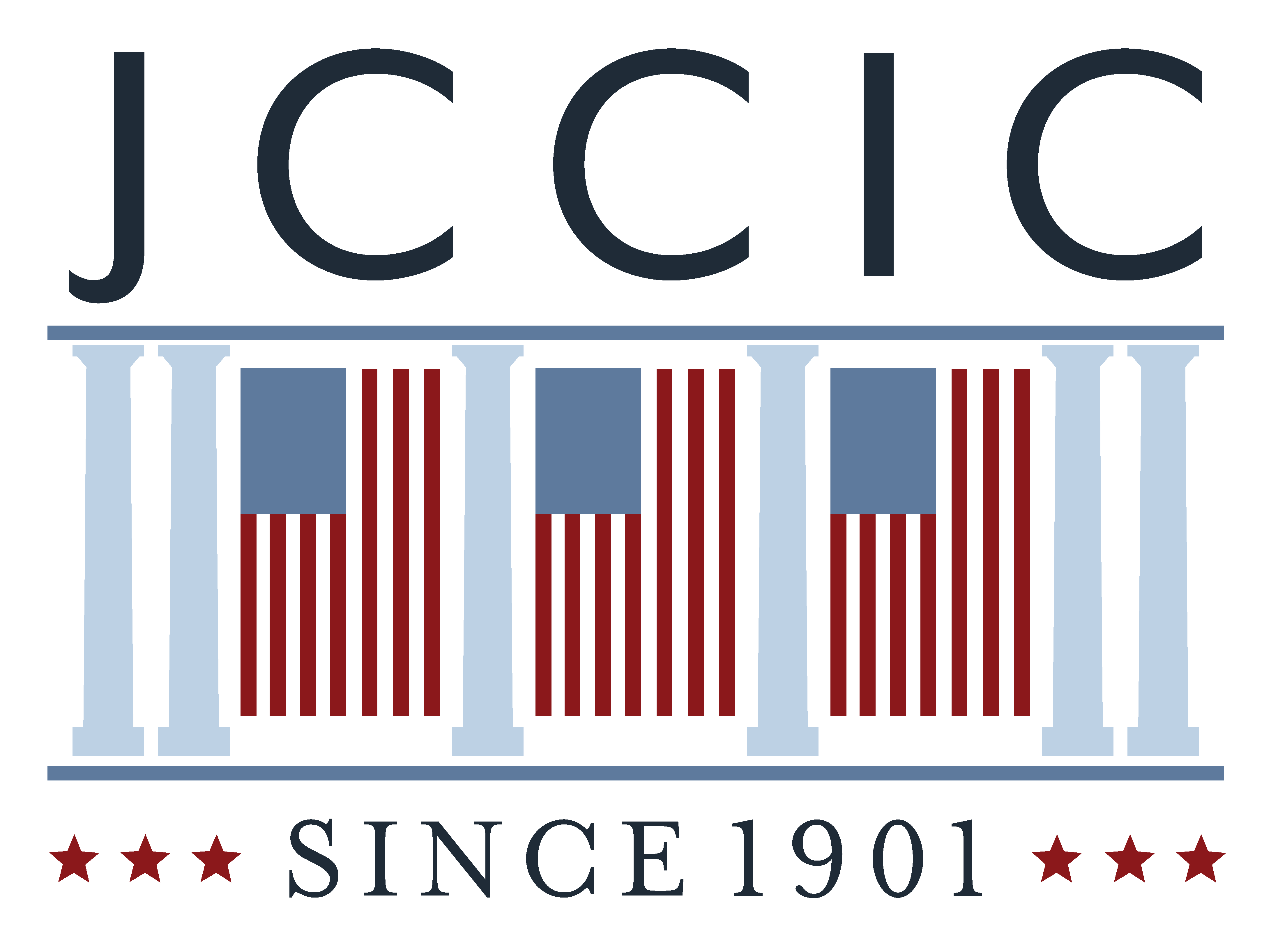Mr. President and Mr. Vice President, Mr. President-elect and Mr. Vice President-elect, ladies and gentlemen, welcome to the Inauguration of the 45th President of the United States of America.
It’s a privilege to welcome you on behalf of the Joint Congressional Committee on Inaugural Ceremonies. Today, the legislative, the executive, and the judicial branches of our constitutional government come together for the Inauguration of the 45th President of the United States. Millions of people around the world will watch and listen to this event.
Thirty-six years ago, at his first Inauguration and the first Inauguration on this side of the Capitol, President Ronald Reagan said that what we do here is both commonplace and miraculous.
Commonplace every four years since 1789 when President George Washington took this same oath. Miraculous in the example it sets for democracy everywhere.
Washington believed the Inauguration of the second President would be more important than the first.
And as important as the first transfer of power was, many historians believe that the next election was even more important, when in 1801, one group of people, arguably for the first time in history, willingly, if not enthusiastically, gave control of a government to others who they believed had a dramatically different view of what the government could and should do.
After an election that discovered a flaw in the Constitution itself, which produced the 12th Amendment, Thomas Jefferson at his Inauguration looked beyond the chaos of the just past election and said, “We are all Republicans; we are all Federalists.”
After four years of Civil War, Lincoln’s second Inaugural speech tried to find reason for the continued war where, he pointed out, that both sides “prayed to the same God.” He had earlier written about those fervent prayers “that one side must be and both sides may be wrong,” but in 1865 he looked to the future “with malice toward none and charity for all.”
In the middle of a depression, the country was told that the only thing we have to fear is fear itself. And President Kennedy talked about the obligation in a democracy to country, and the great question that day was to “ask what you can do for your country.”
And so we come to this place again – commonplace and miraculous – a national moment of celebration. But the celebration is not of victory but of democracy.
